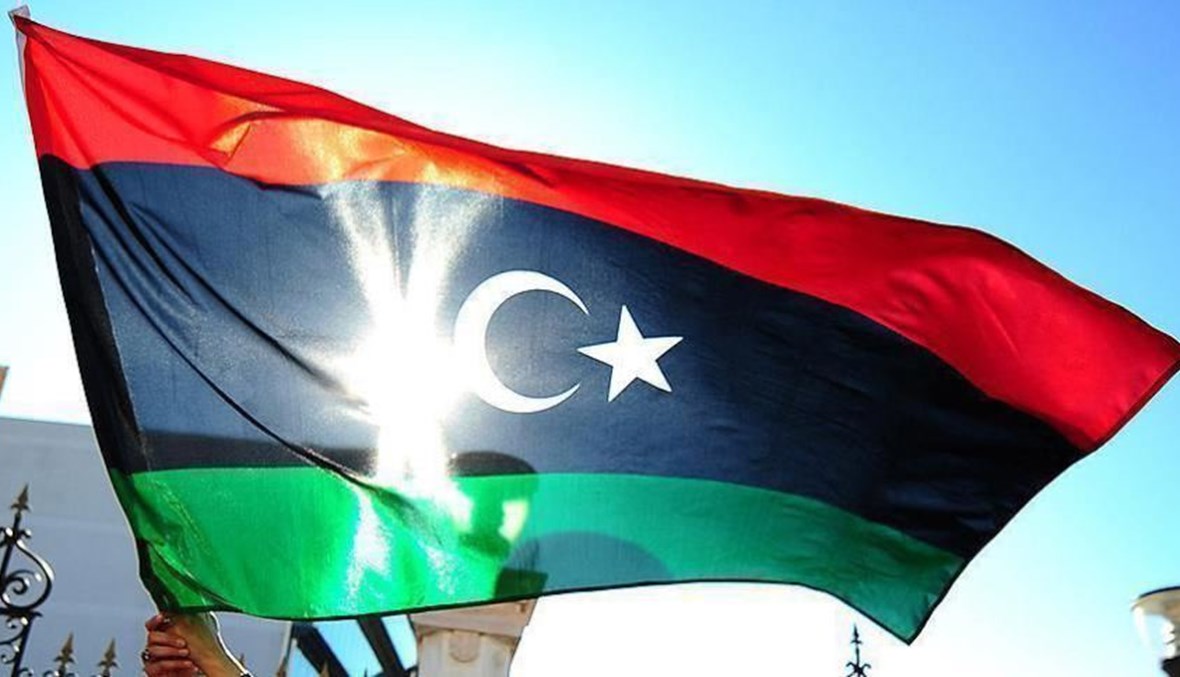The Gulf state will participate in a meeting over Tripoli’s situation, scheduled to take place in Washington.
Qatar envoy to Libya Khalid Al Dosari met with the Head of Tripoli’s Government of National Unity (GNU) Abdul Hamid Al Dbeibah on Wednesday ahead of an anticipated meeting over the country’s political turmoil.
The meeting, which took place in Tripoli, dealt with bilateral cooperation between Qatar and Libya, the Gulf state’s foreign ministry said in a statement.
Separately, Libyan media reported that Dbeibah confirmed during the meeting that the GNU is coordinating with the High National Elections Commission (HNEC) to implement the long-delayed elections.
The discussion between the two countries comes ahead of an anticipated meeting over Libya’s political deadlock, scheduled to take place in the United States.
On Tuesday, Qatar’s Foreign Ministry Spokesperson Dr. Majed Al Ansari confirmed the Gulf state’s attendance at the meeting, represented by Assistant Foreign Minister for Regional Affairs Dr. Mohammed Al Khulaifi.
During the weekly press briefing, Dr. Al Ansari said the main objective of Al Khulaifi’s visit to Washington “is to coordinate positions on the possibility of reaching a consensus in the Libyan situation, affirming the support for the Qatari position to reach the elections.”
“The State of Qatar attaches great importance to the people in the State of Libya, and that attending this meeting confirms the importance of the Libyan file to the State of Qatar,” a statement from the press briefing said.
Concerns over Libya’s situation have increased since last year as the country continues to face an absence of elections, despite numerous international discussions with officials in Tripoli.
Speaking from Greece on Tuesday, US Secretary of State Antony Blinken called for the need to hold elections “as quickly” as possible.
“When it comes to Libya and its trajectory forward, I think it’s important to get to elections as quickly as reasonably possible to have a government that has the legitimacy of having been selected by the people,” Blinken told the press.
Last month, Qatar was among few regional countries at an Arab League Foreign Ministers consultative meeting held in Libya. The meeting, shunned by 14 members of the bloc including its secretary-general, displayed a divided regional stance over Libya.
During the meeting in Tripoli, Foreign Minister Najla Al-Mangoush slammed what she described as “attempts by certain sides to crush Libyans’ desire to transform Arab solidarity into a reality”, as quoted by AFP.
Speaking to the press, Al-Mangoush stressed that Libya is “determined to play its role in the Arab League” and “rejects any attempt to politicise the League’s founding documents.”
Libya has faced a long period of political turmoil, especially in the aftermath of the Arab Spring in 2011.
Last year, tensions in Libya increased between the UN-backed GNU and the newly-appointed rival administration of Fathi Bashagha—widely viewed as rogue General Khalifa Haftar’s ally.
It came as Dbeibah, who is internationally-recognised, was scheduled to remain in power until the presidential elections of December 2021, though these have been delayed.
Speaking at the UN last year, Qatar’s Amir Sheikh Tamim bin Hamad Al Thani demanded an immediate international response in order to complete the Libyan political process.
“Everyone realises that the state cannot be restored without uniting the military forces and rehabilitating the armed factions into a single national army, discarding those who reject this solution and holding them accountable,” the amir said.







